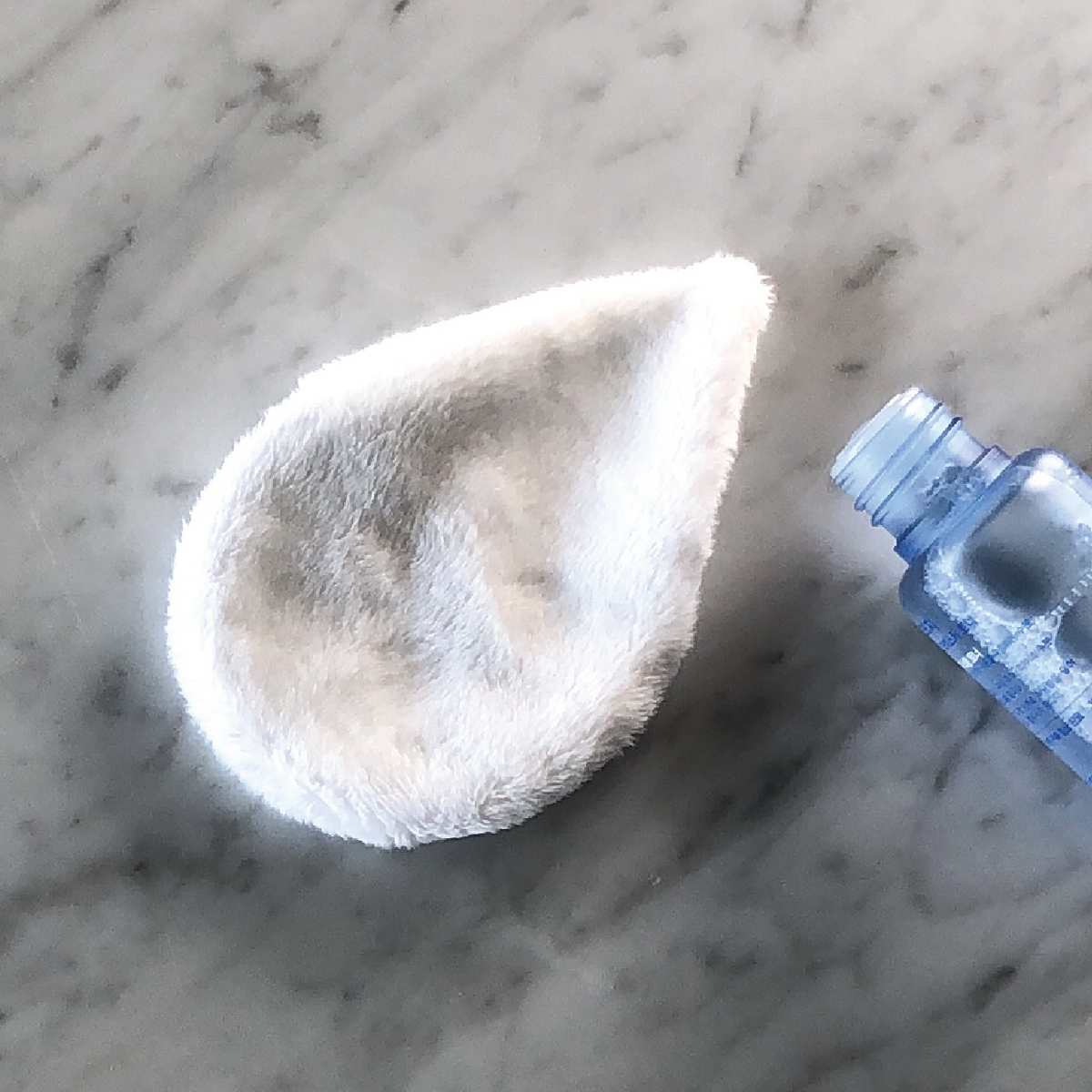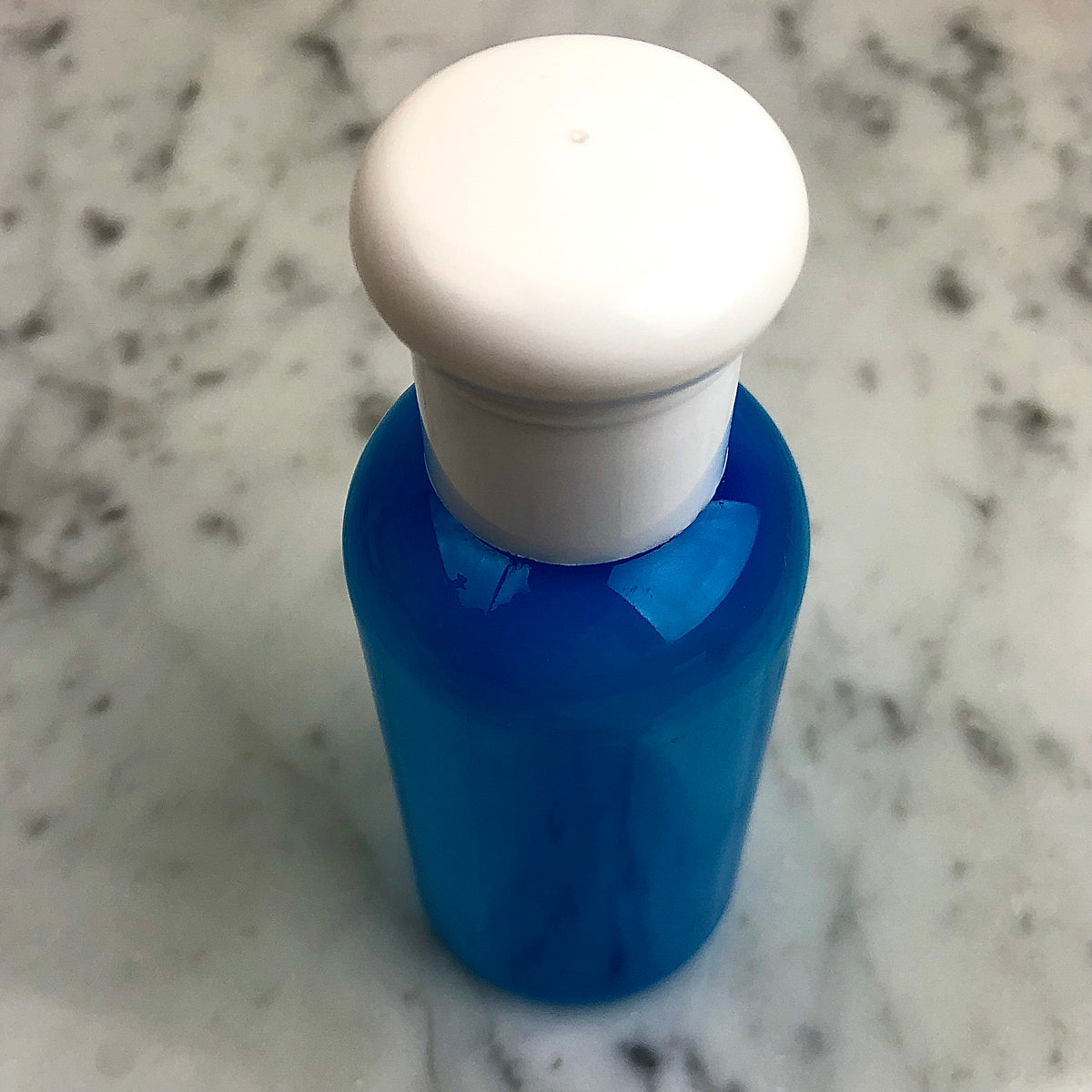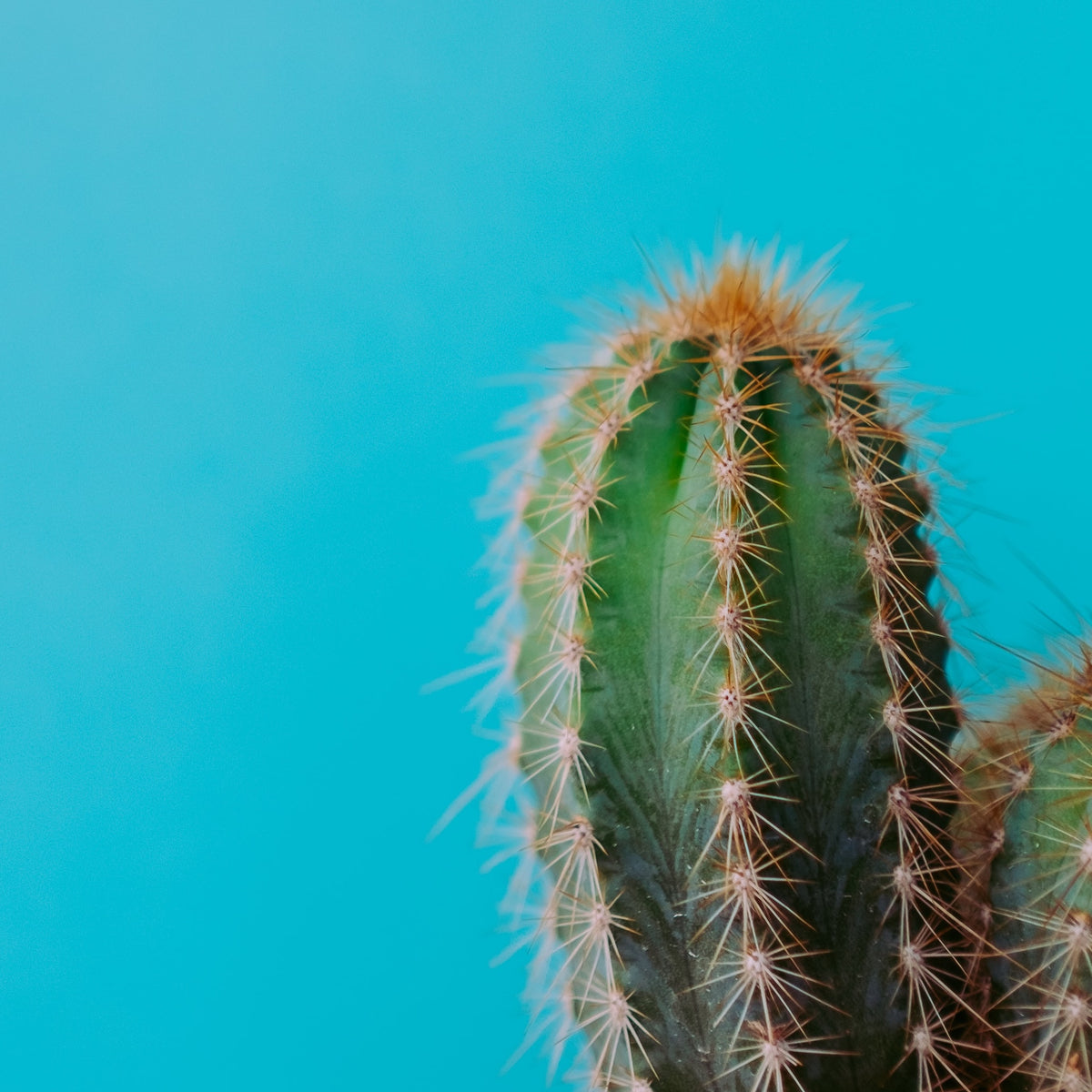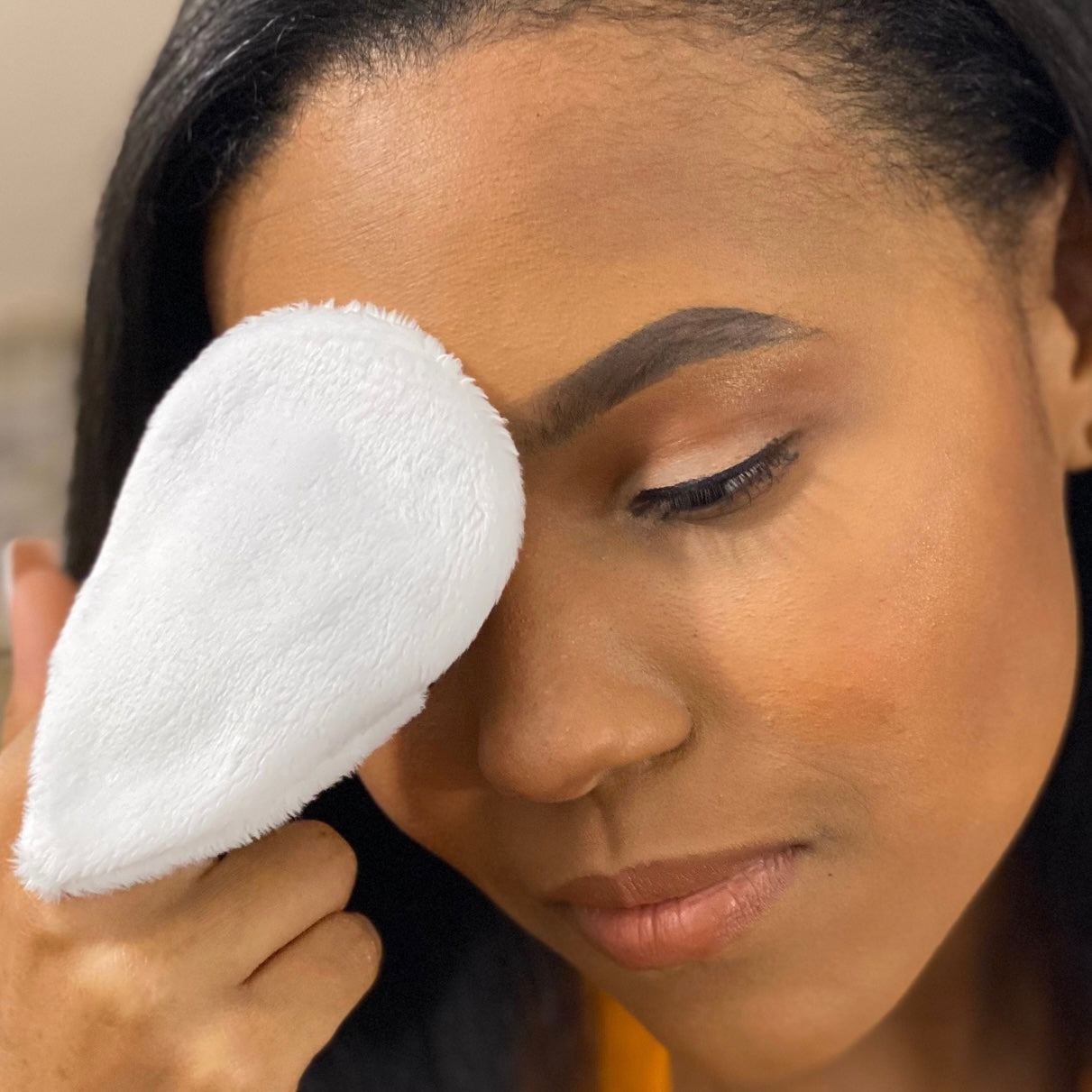How to Help Teenagers with Skin Problems
Summary:
- Avoid the temptation to go overboard! Harsh cleansers, astringents, and scrubs can make problems worse.
- Cleanse skin twice a day with a gentle cleanser. Make sure to rinse thoroughly.
- Avoid harsh soaps and creams (unless recommended by a dermatologist).
- If you want to try topical acne treatments, start off slowly.
Skin problems are tricky. Most people assume it's all about face washing, or they buy a bag of acne treatments. And for some teenagers, that might work. But usually, there's more going on.
Problem skin can benefit from a little detective work. But first, let’s make sure you have a healthy routine:
- Wash the face every night before bed. It’s best to also wash the face in the morning, but nighttime is most important.
- Use a gentle, creamy cleanser. Avoid cleansers with too many suds, tingling, or abrasive grit. Most skin problems are related to inflammation, and inflammation needs a gentle approach (despite generations of marketing and products that would have you believe otherwise).
- Make sure you’re rinsing the face thoroughly. A soft cloth like the Mitty can make this faster and more thorough.
- Skip the harsh astringents and antibiotic soaps.
- Drink a lot of water throughout the day, every day (for most people, eight glasses).
Stick with this routine for at least two weeks before making any changes (a month is even better). For more information, you can check out our blog where we describe a “Goldilocks” approach to face washing.
Meanwhile, start investigating:
- Could hair products (gels, conditioners, etc.) be getting onto the face and affecting skin?
- Is the pillowcase washed at least once a week?
- Do hands or items often touch the face?
- Are there any products (moisturizers, creams, makeup products) that might be making things worse? Just because a product works for one person doesn’t mean it won’t cause problems for another.
- Pay attention to the diet—food sensitivities can show up as skin problems. As the body grows and ages, new sensitivities and allergies can affect the skin.
Healthy skin is about so much more than just washing your face. Problems can be related to things going on INSIDE the body. The environment, allergens, food, physical age, and health issues all contribute to someone’s skin condition.
A lot of young people never develop the habit of washing their faces. As children, most people have naturally perfect-looking skin! When the body chemistry changes, teenagers who don't wash their faces can experience problems.
Before rushing to over-treat things, it's smart to make sure teenagers and young people understand the basics of skincare. It can help to explain that skin has a lot in common with teeth--you'll need your skin for your whole life, and it will stay healthier if it's taken care of. A good skincare routine isn't complicated. It's simple, fast, and easy to follow every single day.
Once you find routines and products that work, stick with them for a while. Make changes gradually. Skin is a delicate organ that needs help and time to find balance.
Good luck!
Note: None of this information is meant to replace the advice of a dermatologist or other skincare professional. It's just well-intended information from a company that spends a lot of time researching skin!
Also in Company stories, skincare tips, and environmental news from Take My Face off

What's the Difference Between Astringent and Toner?

Is Astringent Good for Skin?
It’s been a long time since astringents were the prom queens of the skincare world (that’s not the scientific term). What changed and why?
Skincare experts used to think that the way to manage oily, blemish-prone skin was to remove the oil and bacteria. Hence, they loved harsh, bacteria-killing astringents (among other products). But in the last few decades, those experts started changing their minds.

How to Exfoliate Your Face
There are right ways and wrong ways to exfoliate. The wrong ways fall into one of these categories:
- Not doing it at all
- Doing it too often
- Doing it too harshly (too scratchy or too burn-y)


